Topaz
✅ Reduces seizure frequency
✅ Controls migraines
✅ Treats bipolar disorder
✅ Manages neuropathic pain
✅ Helps in weight loss
Topaz contains Topiramate.
Product Overview
Topaz is a pharmaceutical formulation containing Topiramate as its active component, presented in tablet dosage form. This prescription medication is primarily indicated for the management of epilepsy and prophylaxis of migraine headaches in adult and adolescent populations. Topaz exerts its therapeutic effects by modulating neuronal excitability in the central nervous system, thereby reducing seizure frequency and preventing migraine episodes through its multifaceted mechanism of action.
Therapeutic Applications
Topaz is clinically employed for:
- Controlling epileptic seizures, including focal-onset seizures and generalized tonic-clonic seizures
- Prophylactic management of migraine headaches, significantly decreasing attack frequency and intensity
Administration Guidelines
For optimal therapeutic outcomes with Topaz:
- Administer tablets orally with water, with food intake being optional as per physician recommendations
- Maintain strict adherence to the prescribed dosing schedule to ensure consistent therapeutic levels
- When used for migraine prevention, continuous daily administration is required regardless of symptom presence
Mechanism of Action
Topaz demonstrates its pharmacological effects through multiple pathways:
- Inhibition of voltage-dependent sodium channels, stabilizing neuronal membranes
- Potentiation of GABA-mediated inhibitory neurotransmission
- Antagonism of excitatory glutamate receptors
- Modulation of calcium channel activity
This comprehensive neuromodulatory profile effectively reduces neuronal hyperexcitability associated with seizure disorders and migraine pathophysiology.
Dosage Protocol
The dosing regimen for Topaz requires individualization based on:
- Specific indication (epilepsy vs migraine prophylaxis)
- Patient demographics (age, body weight)
- Therapeutic response and tolerability profile
Treatment typically initiates with low doses followed by gradual titration to achieve optimal clinical effect while minimizing adverse reactions.
Therapeutic Advantages
- Demonstrated efficacy in seizure control across various epilepsy syndromes
- Significant reduction in migraine frequency and associated disability
- Favorable safety profile with appropriate dose adjustment
- Flexible use as monotherapy or adjunctive treatment
- Sustained prophylactic benefits with long-term administration
Adverse Effects
The most frequently reported treatment-emergent effects include:
- Central nervous system effects: dizziness, somnolence, cognitive slowing
- Gastrointestinal disturbances: nausea, altered taste perception
- Metabolic effects: decreased appetite, weight reduction
These effects are typically dose-dependent and often diminish with continued therapy.
Clinical Considerations
Important clinical precautions include:
- Potential cognitive effects requiring monitoring in vulnerable populations
- Nephrolithiasis risk necessitating adequate hydration
- Ophthalmic monitoring for patients with predisposing factors
- Metabolic acidosis monitoring, particularly in pediatric patients
Important Safety Information
Special precautions are warranted for patients with:
- History of nephrolithiasis or renal impairment
- Metabolic disorders or predisposition to acidosis
- Ophthalmic conditions including glaucoma
Comprehensive medical history review and baseline assessments are essential prior to treatment initiation.
Storage Requirements
Maintain Topaz tablets under controlled room temperature conditions (15-30°C) in original packaging. Protect from moisture and excessive heat. Ensure secure storage away from pediatric access. Discard any expired medication appropriately.
Medical Disclaimer
The information provided herein represents carefully reviewed medical content intended for educational purposes only. This content does not substitute professional medical advice, diagnosis, or treatment. Always consult your healthcare provider regarding any medical condition or therapeutic regimen. The complete safety profile, potential drug interactions, and contraindications may not be fully represented. This information aims to facilitate informed patient-provider discussions, not to replace clinical judgment or the physician-patient relationship.
| Strength | 25 mg, 50 mg |
|---|---|
| Quantity | 10 Tablet/s, 30 Tablet/s, 60 Tablet/s, 90 Tablet/s, 180 Tablet/s |
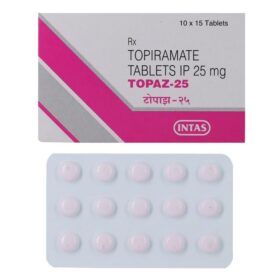 Topaz
Topaz










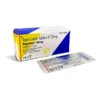





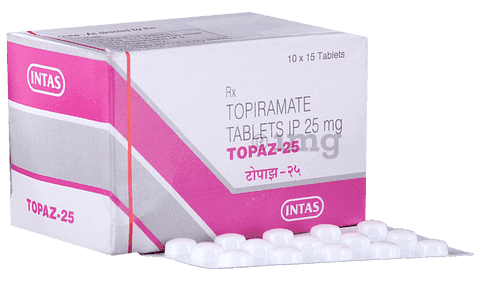


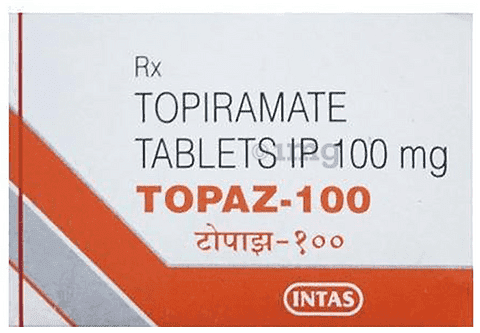

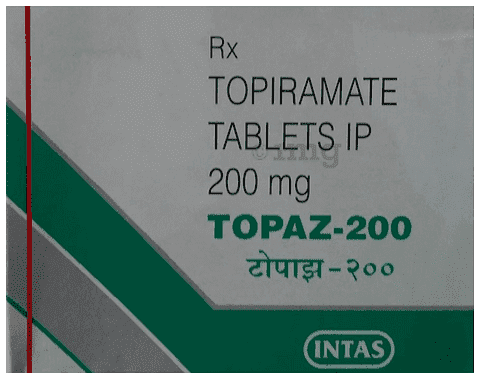
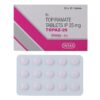
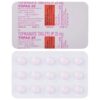
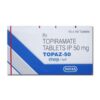
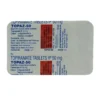
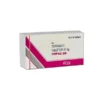

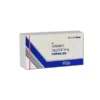
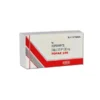
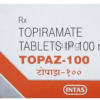
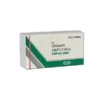
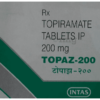
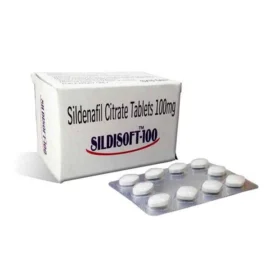
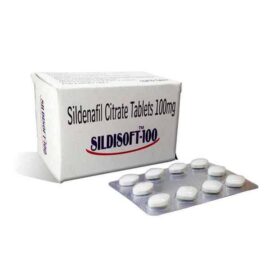
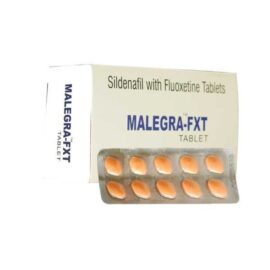
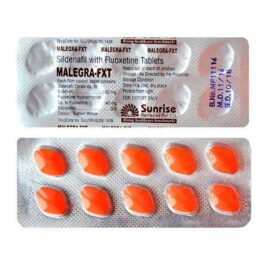
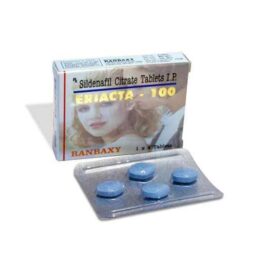

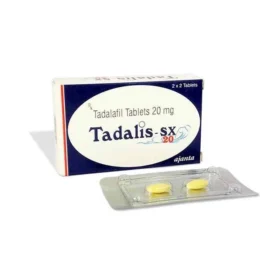
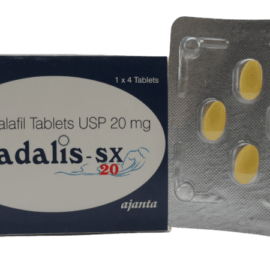


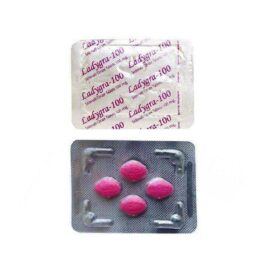
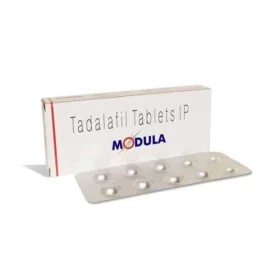
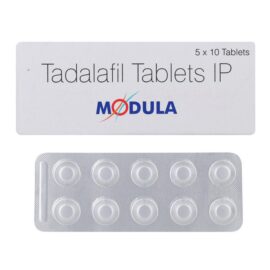


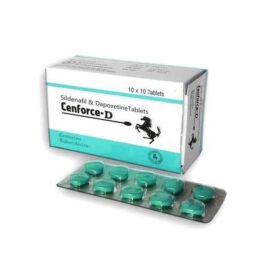
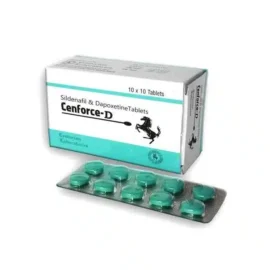
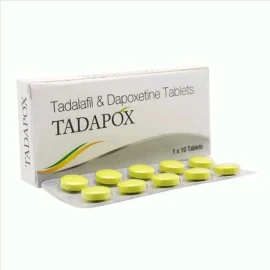
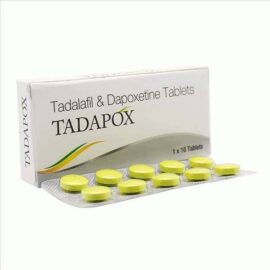
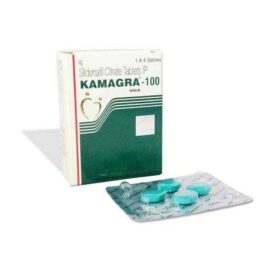
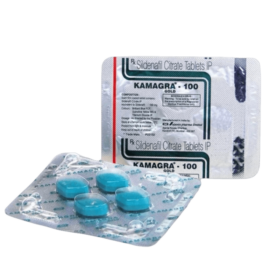
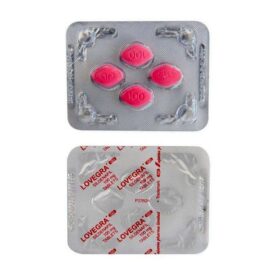
Reviews
There are no reviews yet